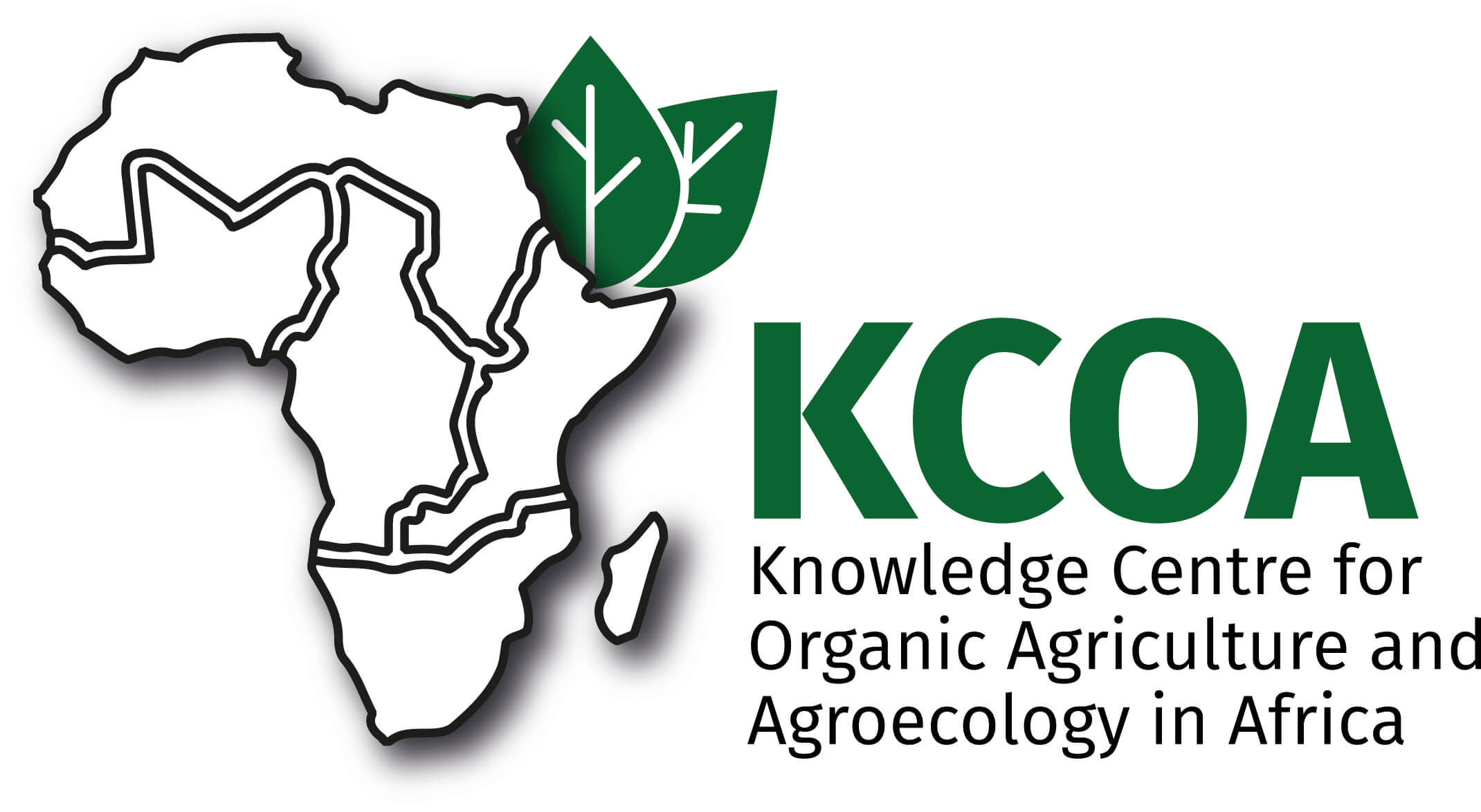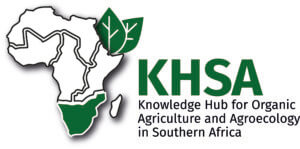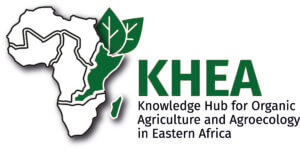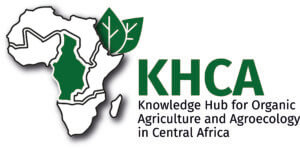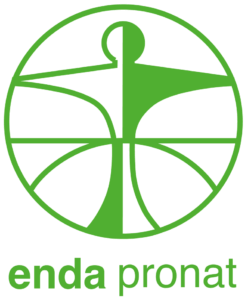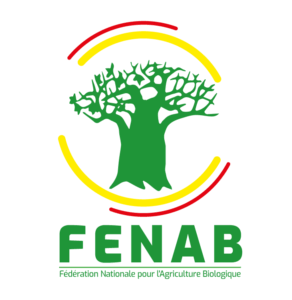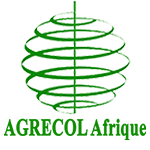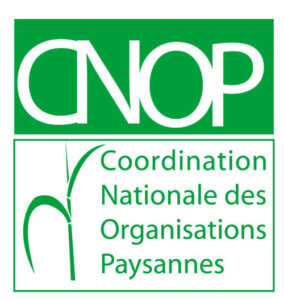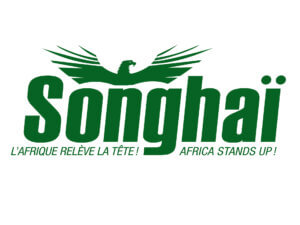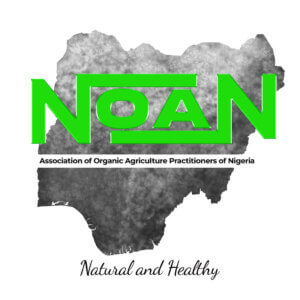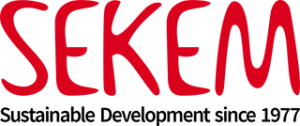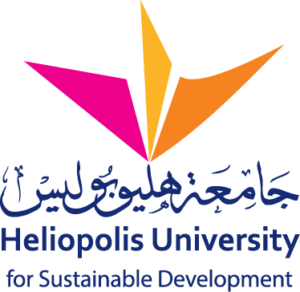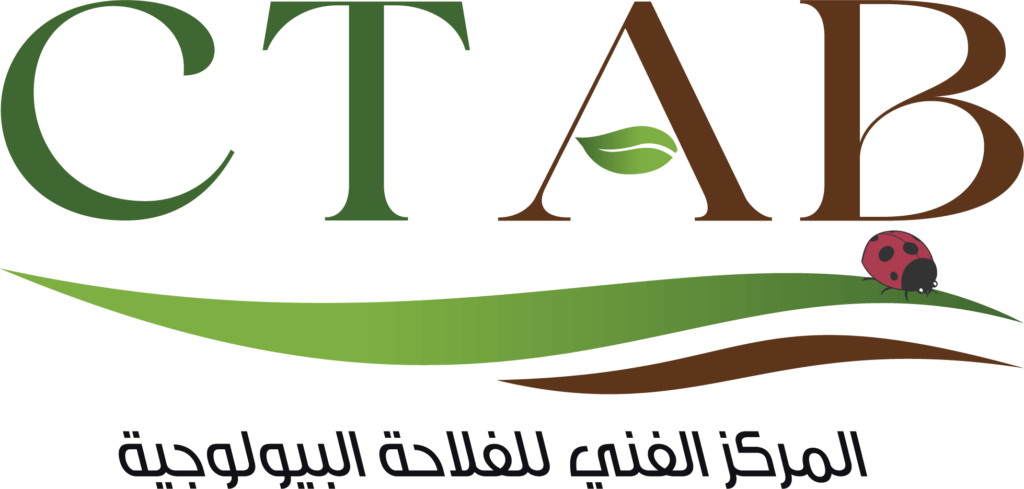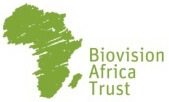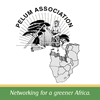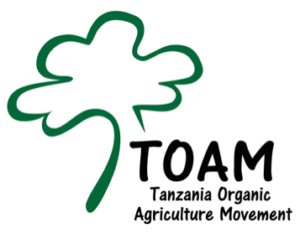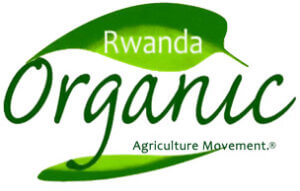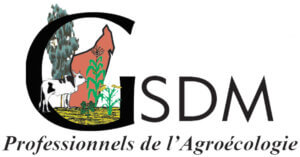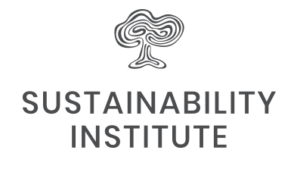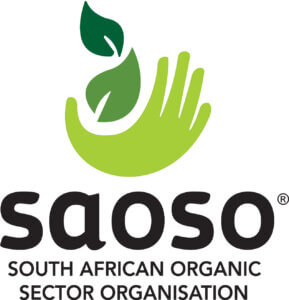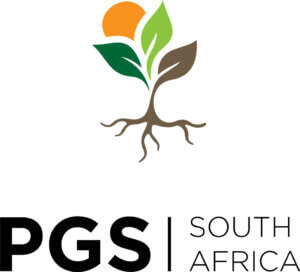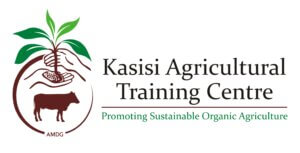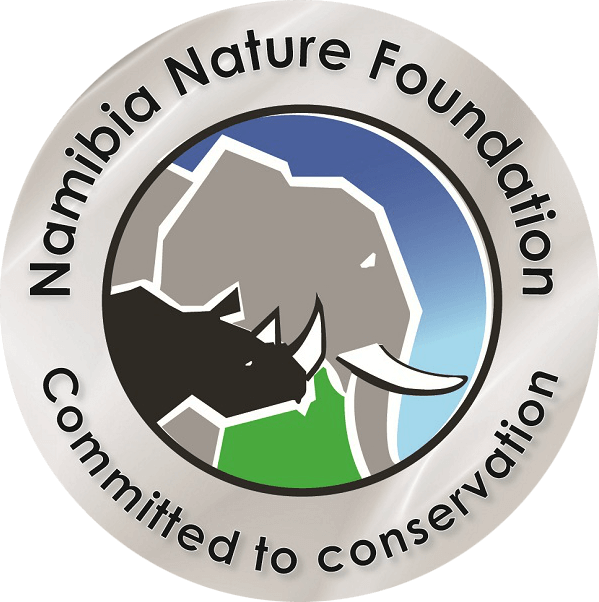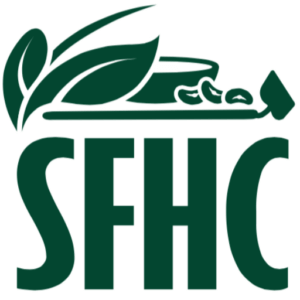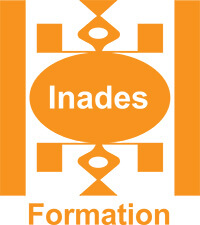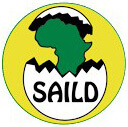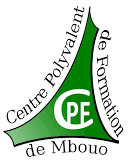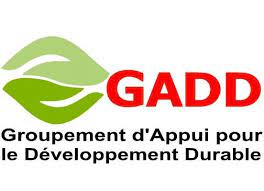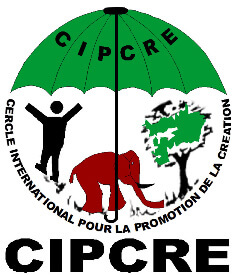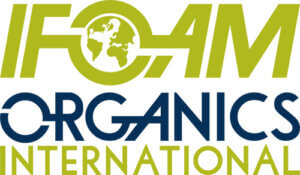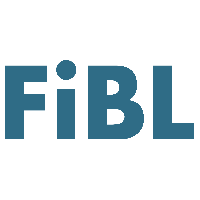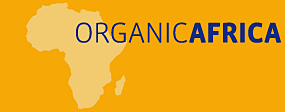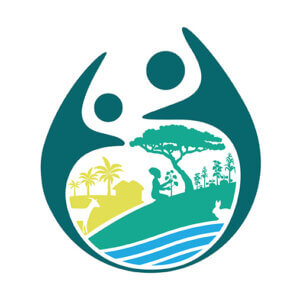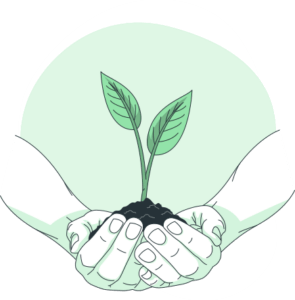
KCOA is a collaborative country-led partnership that aims to scale up the adoption of organic and agroecological farming practices through a network of five Knowledge Hubs in Africa. Within KCOA, the implementing organisations have four main objectives: to improve access to knowledge on organic agriculture and agroecology; to strengthen the technical and professional capacity of multi-pliers; to foster networking and to strengthen relationships in the sector; and to strengthen actors in their advocacy activities.
Global project Knowledge Centre for Organic Agriculture and Agroecology in Africa
Commissioned by: German Federal Ministry for Economic Cooperation and Development (BMZ)
Overall term: 2019 to 2026
Context
More than half of all people living in Africa base their livelihood on agriculture; yet, many farmers are impoverished and one-fifth of the population suffers from malnourishment. At the same time, ecosystems and resources must be used carefully.
Organic agriculture promotes food systems that increase food security and improve living conditions, while also respecting the Earth’s ecological limits. Currently, only 0.2 per cent of agricultural land in Africa is dedicated to organic farming. In the past, this has been due to limited knowledge of how organic products are produced, processed and marketed. The Knowledge Center for Organic Agriculture and Agroecology in Africa (KCOA) is working to fill these knowledge gaps by establishing five knowledge hubs.
Objective
Throughout all five African regions, these knowledge hubs intensively promote organic agriculture and agroecology.
Approach
The project is coordinated from Germany. Its measures are being implemented in the regions in cooperation with the following non-governmental organisations:
- Eastern Africa: PELUM Uganda & Biovision Africa Trust
- Southern Africa: Sustainability Institute
- West Africa: Enda Pronat
- North Africa: SEKEM
- Central Africa: CIPRE, CPF, GADD, Inades Formation, SAILD
- They expand access to knowledge on organic agriculture and agroecology by collecting, validating and converting it into suitable formats and languages, as well as making it available on a centralised database.
- They boost the technical and professional skills of multipliers in the areas of organic agriculture and agroecology. To this end, they train master trainers and multipliers on how to disseminate the knowledge in a manner adapted to target groups.
- For the purposes of networking across the continent, they strengthen the working relationships between representatives from the value chains, civil society, private sector and state organisations. Furthermore, they promote cost-effective and participatory certification alternatives.
The three organisations are also implementing the project in Senegal and Gambia, with the support of a national consultant.
In the other countries of the cluster, the project is run by the CNOP in Mali, the Centre Songhaï in Benin, and NOAN in Nigeria.
KHNA enables leading organic institutions in Egypt, Tunisia and Morocco to implement their mission focusing on knowledge management.
KHNA runs under the motto: “Let the knowledge flow for the development of the organic sector and its stakeholders with a focus on smallholders, women and youth.”
Partners collect traditional and scientific knowledge and support the verification, validation, and dissemination of knowledge products to practitioners and multipliers along the organic and agroecological value chains within KHNA and the whole KCOA network.
KHNA also promotes connections with other actors, improving the sector’s coordination and collaboration.
A cascade system of trainings enables multipliers to implement organic and agroecological innovations in their communities and to disseminate knowledge to them. KHNA has so far facilitated over 250 small projects ranging from enabling conversion to organic agriculture and mitigation of climate change, addressing fertilization and plant protection challenges, to opening and consolidation of new markets. Trainings and other forms of knowledge facilitation and exchanges happen on demonstration plots, where innovative and effective experiments are used as learning methods.
KHSA works with country partners in Zambia, Malawi, Namibia and South Africa who deploy sector-wide approaches (with nation-wide stakeholders) or longer-term multiplier support programmes (MSP) with lead farmers or training institutions. The South African-based Sustainability Institute supports project implementation in the region.
Kasisi Agricultural Training Centre in Zambia works with Farmer Training Centres, creating tailored training curricula and posters.
In Malawi, the Kusamala Institute of Agriculture and Ecology works with media developing the Jargon Dictionary for Food and Farming Systems.
Soils, Food and Healthy Communities conducts a MSP with their Farmer Research Team, creating local-language videos, participatory theatre training guides and a recipe book.
The Namibian Organic Association works with academia and the commercial beef sector to support organics.
The Namibia Nature Foundation runs a MSP with lead farmers transferring the skills and capacity needed to share knowledge.
The South African Organic Sector Organisation and Participatory Guarantee System South Africa conduct the PGS Pollinator Programme, training multipliers to establish and manage PGS groups across the country.
The Knowledge Hub for Organic Agriculture and Agroecology in Eastern Africa (KHEA) is one of the five Knowledge Hubs under the KCOA project.
This KHEA Hub is being coordinated by Biovision Africa Trust (BvAT) in Kenya as the lead agency with a co-hosting arrangement with PELUM Uganda. KHEA is currently being implemented in five Eastern Africa countries with Country Implementing Partners (CIPs) as follows: Kenya; PELUM Kenya, Uganda; PELUM Uganda, Rwanda; ROAM, Tanzania; TOAM and Madagascar; GSDM and SYMABIO.
The main goal of the KHEA Hub is to integrate Ecological Organic Agriculture (EOA) into the participating countries’ agricultural systems by generating, capturing, and sharing information know-how and integrating these into agricultural practices and decision-making for improved livelihood.
The KHEA Hub has three strategic focus areas of intervention:
Launched in June 2022 in Cameroon, the Knowledge Hub Central Africa (KHCA) is the last of the 5 hubs set up in the 5 regions of Africa as part of the Knowledge Centre for Organic Agriculture and Agroecology in Africa (KCOA) project.
The KCOA project was launched in 2019 by the German Cooperation (GIZ) supported by the German Federal Ministry for Economic Cooperation and Development (BMZ).
For the implementation of the KHCA, which covers Cameroon only for the time being, 5 Cameroonian NGOs have been selected by the German cooperation (GIZ).
They are the Centre International pour la Promotion de la Création (CIPCRE), the Groupement d’Appui pour le Développement Durable (GADD), the Centre Polyvalent de Formation de Mbouo (CPF), the Service d’Appui aux Initiatives Locales de Développement (SAILD) and the Institut Africain de Développement Economique et Social – Formation (INADES Formation).
